Everything you've ever wanted to know about aviation jargon, from A-Z
From APD via ETOPS and IRROPS to Z o'clock: the mysterious codes of aviation explained
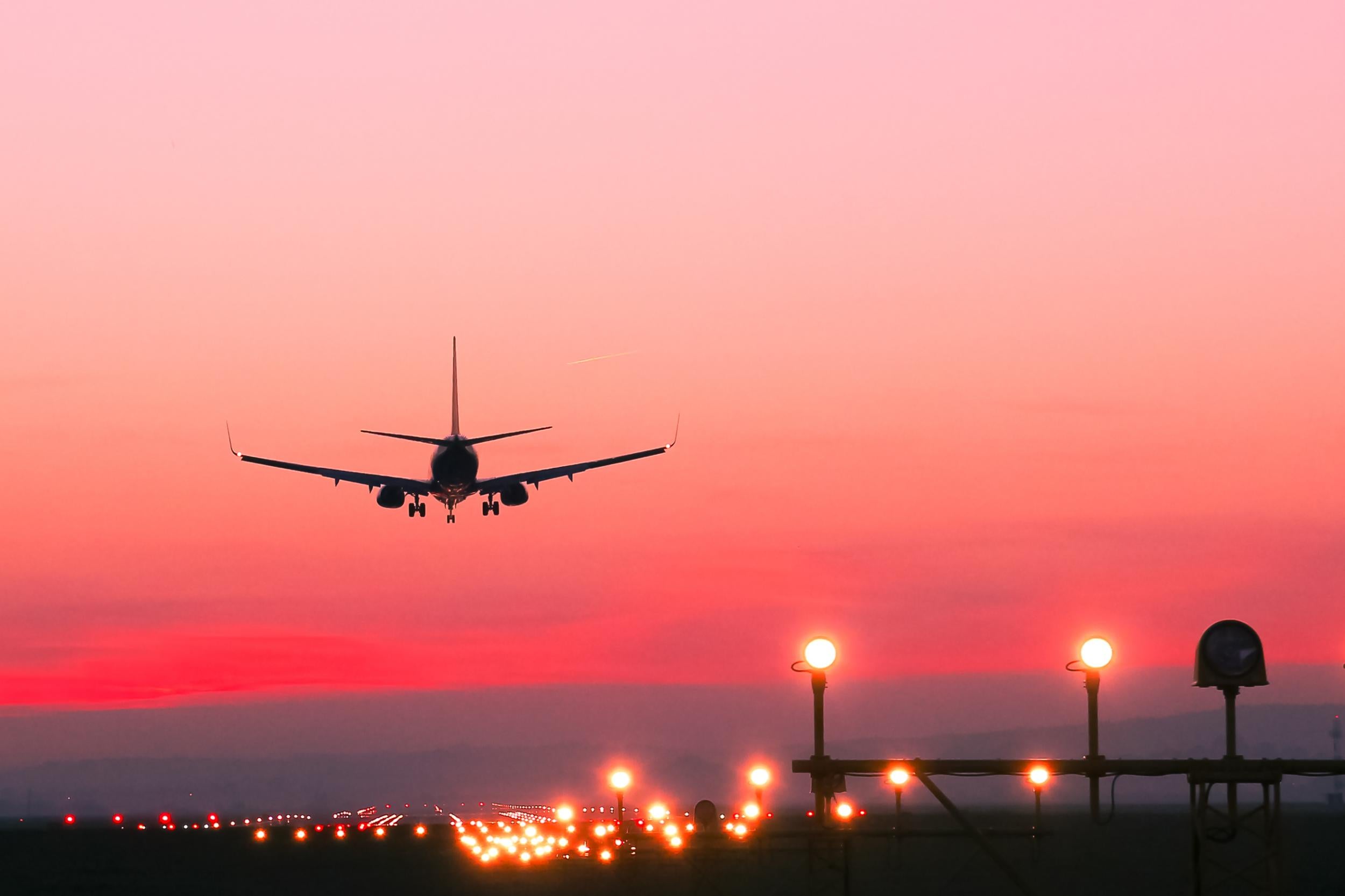
A/C: aircraft
Ad-hoc charter: hiring an A/C to cover a gap in a fleet – for example, caused by problems with Rolls-Royce Trent engines fitted to Boeing 787s.
Wamos and Hi-Fly are among the long-haul providers of ad-hoc planes, Titan and Germania among the short-hauls. See also damp/dry/wet leasing.
AOG: Aircraft On Ground. The A/C is broken and won’t be going anywhere in a hurry.
APD: Air Passenger Duty, the tax of at least £13 payable by anyone aged two or above on a flight from a UK airport. From April 2019, the long-haul rate for passengers in anything other than economy class rises from £156 to £172; for economy travellers it remains at £78.
Arrival time: according to the EU, the time at which the flight reaches the gate and at least one of the doors is open. This is the definition used for the purposes of claiming compensation.
Bumping: denying boarding to passengers with confirmed reservations who turn up on time for the flight on which they are booked. This typically happens when an airline has sold more seats for a flight than there are on the aircraft, on the basis that some passengers will almost certainly fail to turn up. In many locations, including the European Union and the US, passengers are entitled to compensation for overbooking.
Carrier Imposed Charge: nothing to do with governments or airports, but a fee that British Airways, Virgin Atlantic and other airlines apply to try to make extra cash. Its origins lie with the sharply rising cost of fuel in the early years of the 21st century. Airlines imposed fuel surcharges as a way of saying, basically: “We’ve put our fares up but it’s not our fault.”
However, there was a second, more significant effect: anyone redeeming frequent flyer points had to pay the surcharge, which devalued their points and increased airline earnings. Even when fuel prices subsided, carriers kept these surcharges in place. Unlike other taxes, there is generally no right to a refund if you do not travel.
Civil Aviation Authority (CAA): the UK regulator for air travel.
Cabotage: the right a foreign airline has to fly passengers domestically, eg easyJet between Paris and Nice, Ryanair between Rome and Catania.
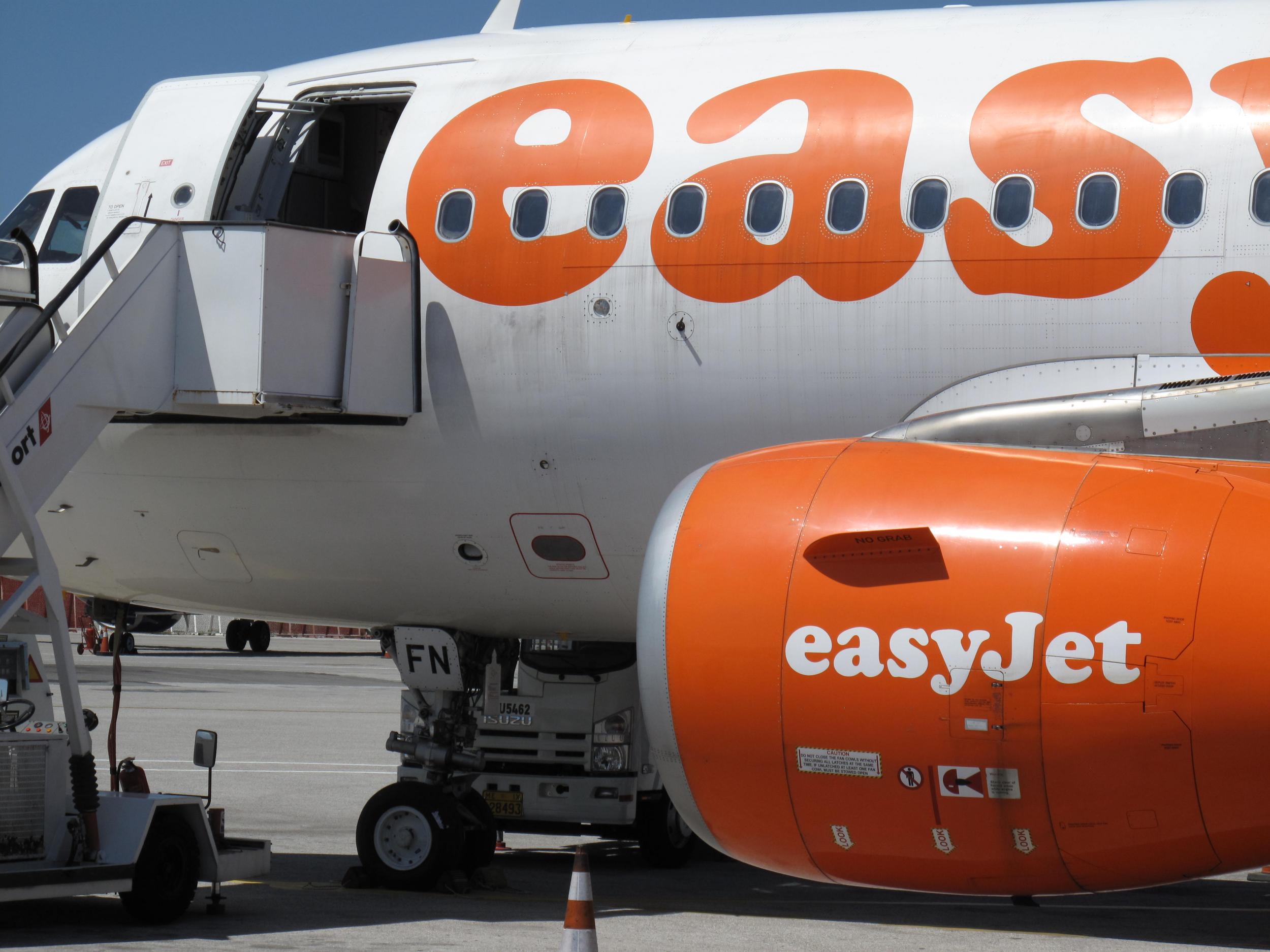
Canx: cancelled, usually referring to a flight
Chapter 11: also known, disparagingly, as the “carwash”. A form of bankruptcy previously popular among US airlines which provides a company with protection against creditors while at the same time allowing it to continue to trade. Airlines renegotiate with workers and suppliers to reduce the cost base.
Classes: the first and most obvious meaning is the division of an aircraft into different cabins. While many low-cost airlines are one-class only, on many BA long-haul flights there are four passenger classes: World Traveller (economy), World Traveller Plus (premium economy), Club World (business class) and First. The generally accepted letters to describe these are Y, W, J and F. Less obviously, individual cabins are divided into classes for the purposes of selling. For example, “economy light” on Virgin Atlantic is classed as T.
Codesharing: an arrangement that allows airlines to apply their own two-letter IATA code (eg AF for Air France, BA for British Airways, VS for Virgin Atlantic) to another airline’s flight. In reality it is the aircraft that is shared, not the code. As an extreme example which goes into double figures, the morning KLM flight from Paris CDG to Amsterdam is shared with Jet Airways, Air France, Czech Airlines, Delta, Gol (Brazil), Garuda Indonesia, Kuwait Airlines, Xiamen Airlines (China), China Eastern and Vietnam Airlines.
This enables airlines to boast of a wider route network, and offer more flight possibilities, than they could otherwise do.
BA says codesharing “provides a simple, convenient and transparent service that increases customer choice”.
Damp lease: one of three forms of leasing to cover operations, usually longer term than ad-hoc charters. With a damp lease, you rent the plane and the pilots, and supply your own cabin crew. A wet lease means the cabin crew comes too; it its also known as ACMI, short for “aircraft, crew, maintenance and insurance”. Dry leasing means you simply rent the plane (like car hire) and supply your own personnel.
Direct flight: you travel in the same plane to your destination but do not necessarily go non-stop. Air New Zealand’s daily departure from Heathrow to Auckland is direct, but not non-stop (it refuels in Los Angeles). The same applies to British Airways to Sydney (via Singapore) and EVA Air to Taipei (via Bangkok).
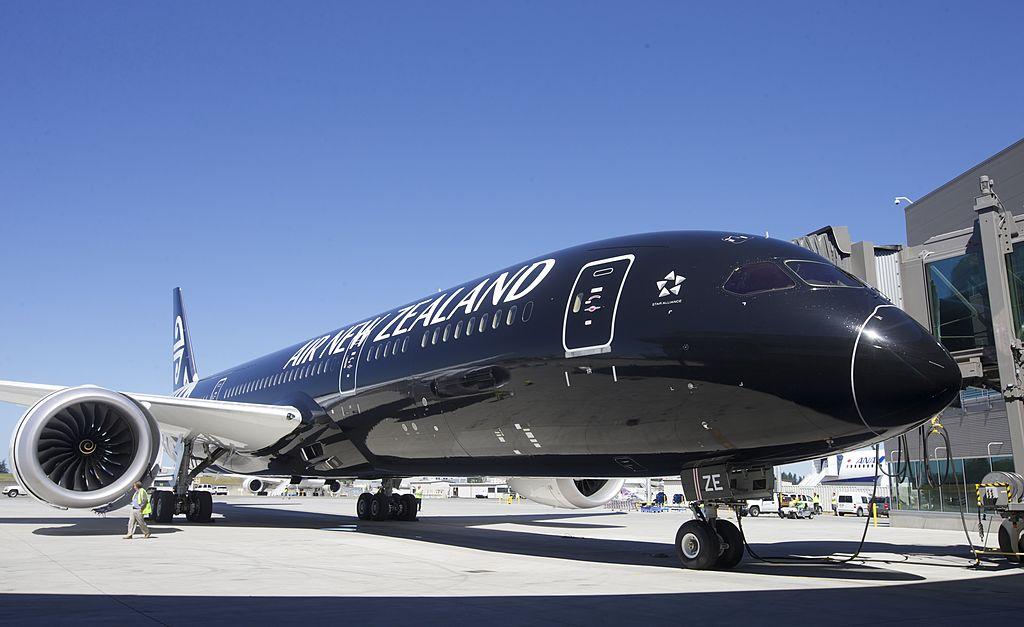
Etops: Extended Twin-engine Operations over water, the concession that allows a plane with two engines to take a route that is more than an hour’s flying time (with only one engine working) from a suitable diversion airport. This allows aircraft to fly straighter, quicker and cheaper courses. The longest Etops allowance is 370 minutes (six hours, 10 minutes), approved for the Airbus A350. The only part of the planet from which suitably equipped aircraft are excluded is a small patch of Antactica.
EU261 (or, more correctly, EC261): the European air passengers’ rights rules which specify obligations for airlines in the event of cancellations, overbooking and long delays. The regulations apply to all flights from EU airports, and flights from airports outside Europe which are operated by EU carriers.
The rules are split into a duty of care which is obligatory regardless of the cause, and cash compensation of between €250 and €600 when the airline has caused the problem.
Extraordinary circumstances: the only excuse for not paying compensation – typically bad weather, air-traffic control restrictions or security issues.
Fifth-freedom: the right, under the 1944 Chicago Convention on international air travel, for an airline to fly between two points, neither of which is in its home country. Examples: Ryanair (of Ireland) flying from Manchester to Naples, easyJet Europe (of Austria) connecting Amsterdam and Barcelona and Wizz Air (of Hungary) linking Luton and Tel Aviv. All airlines from EU member states enjoy automatic fifth-freedom rights within the Union.
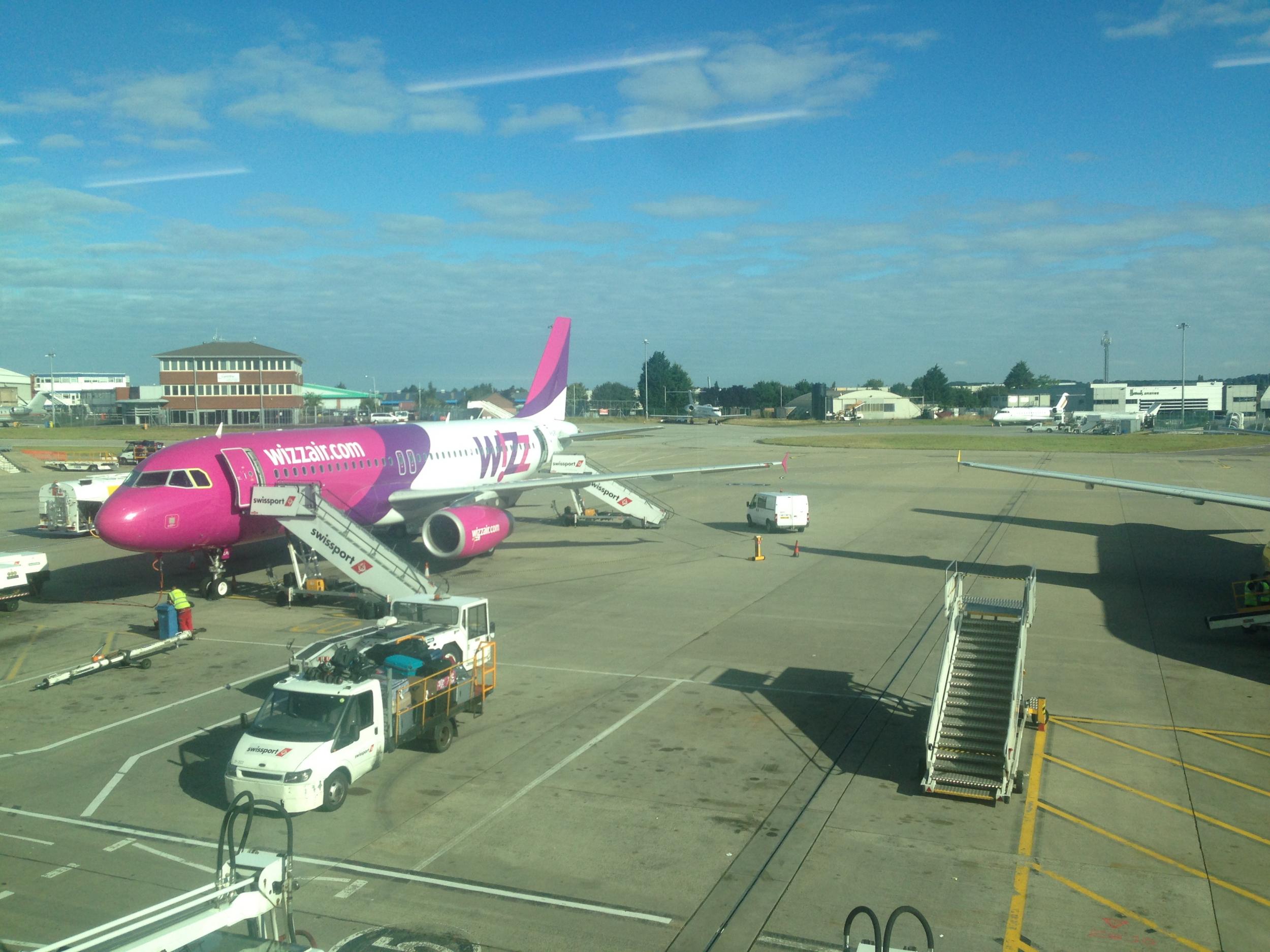
FIM: flight interruption manifest, originally a paper voucher issued by an airline after it has cancelled a flight for a replacement departure on a different airline. Even though paper tickets disappeared around a decade ago, the term has remained in use to indicate a passenger being switched to another carrier.
FOP: form of payment. Credit card provides the maximum protection; cash the least.
GDS: global distribution system, of which Amadeus, Sabre and Travelport are by far the market leaders. They provide the interface between individual airlines’ reservations systems and travel agents. Besides flights, they also handle car rental and accommodation.
Grandfather rights: at slot-constrained airports, of which Heathrow and Gatwick are the most extreme examples worldwide, the entitlement to continue to fly a route – or to sell the slots.
HAG: have a go. A term used by check-in staff for a passenger who arrives after the check-in deadline but is permitted to try to get to the gate in time to catch the plane. Very rare these days.
Hotac: hotel accommodation.
IATA: International Air Transport Association, the airlines’ trade association. Headquartered in Montreal.
ICAO: International Civil Aviation Organisation, the UN body that regulates global aviation (and strays into areas such as the dimensions and flexibility of passports). Also headquartered in Montreal.
IRROPS: “irregular operations,” such as problems caused by WX (poor weather) or an AOG (aircraft on ground).
LAGs: liquids, aerosols and gels, which cannot be carried in cabin baggage in quantities above 100ml. Term may include foods such as cheese.
Legacy airline: a traditional carrier, such as British Airways, Lufthansa or Qantas, which pre-dates the “no-frills revolution”. They generally have the benefit of a long-established route network, and the slots involved, but the disadvantage of employment arrangements negotiated when airlines were able to get away with charging absurd fares and running inefficient operations.

Load factor: the proportion of seats on an aircraft filled by fare-paying passengers. If 162 out of 180 seats on an Airbus A320 are occupied by people who have paid for the seats (as opposed to airline staff, freeloading journalists etc), then the load factor is 90 per cent. While load factors were typically in the 70-75 per cent range a generation ago, today airlines strive for 90-95 per cent. But these figures generally include no-shows.
Locator: the code of six letters and numbers (sometimes seven) that identifies your booking in an airline’s reservations computer. Also called a PNR (passenger name record). In an era when paper tickets are thankfully history, keeping a record of the PNR can be very useful. And if you don’t have a PNR for an online booking, there’s a chance the purchase hasn’t gone through.
MCT: minimum connecting time. An airline’s or airport’s stipulation of the least time you should leave between your scheduled arrival and the departure of your connecting flight. At small airports, particularly in Scandinavia, it can be as low as 10 minutes. Even at giant Frankfurt the maximum MCT is 45 minutes, whether you are flying internationally or domestically. But once multiple terminals get involved, MCTs extend tiresomely. Between Heathrow Terminals 4 and 5, MCT is 1 hour 45 minutes; some connections in Madrid’s absurdly strung-out airport are 2 hours 45 minutes.
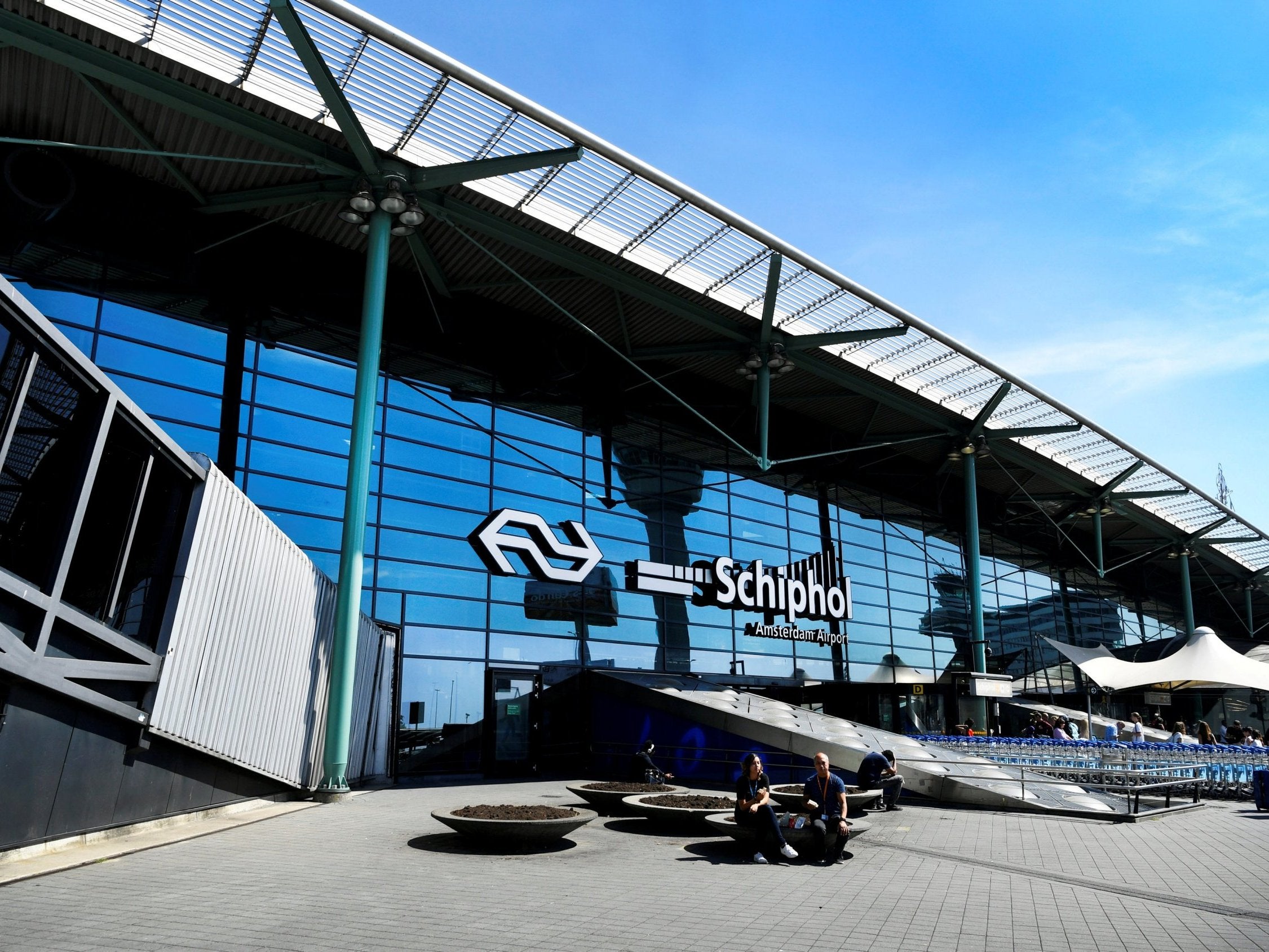
If you don’t mind taking a risk, then you can arrange “self-connects” which undercut the MCT – for example booking a flight from Milan Malpensa Terminal 2 which departs in less than the stipulated 90 minutes margin. But if it goes Tango Uniform because of a delay with the first flight, you lose. Not recommended if you have checked baggage.
Network carrier: an airline such as Air France, British Airways or Lufthansa that operates a wide range of flights from one or more hubs (Paris, Heathrow, Frankfurt) and offers connecting flights on this network. Largely synonymous with legacy carriers.
NDC: New Distribution Capability, the standard developed by IATA to transform communication between airlines and travel agents. The airline industry wants to offer more than simply a seat from A to B, instead offering a more personalised product – possibly with personalised prices – and NDC is the communications protocol that allows this.
No-show: if you fail to reach the check-in desk before the deadline stipulated by the airline, or are not at the boarding gate in time, then you are classed as a no-show. On “legacy” airlines you will typically have the rest of your itinerary cancelled without notice or compensation. On most no-frills fares you lose the money paid for the flight. Theoretically you can apply for a refund for taxes and charges, but the process is sometimes made so difficult that people rarely bother.
Open jaw: flying out to one airport and back from another. This is a possibility of which many passengers seem unaware. For example on a trip around Australia, the worst solution is to book a return ticket to Sydney, the furthest big city. Far better to, say, book outbound to Sydney and inbound from Perth – to avoid doubling back. Any kind of fly-drive trip, eg San Francisco-Los Angeles, can benefit from an open-jaw ticket, and on many routes there will not be an increase in the fare.
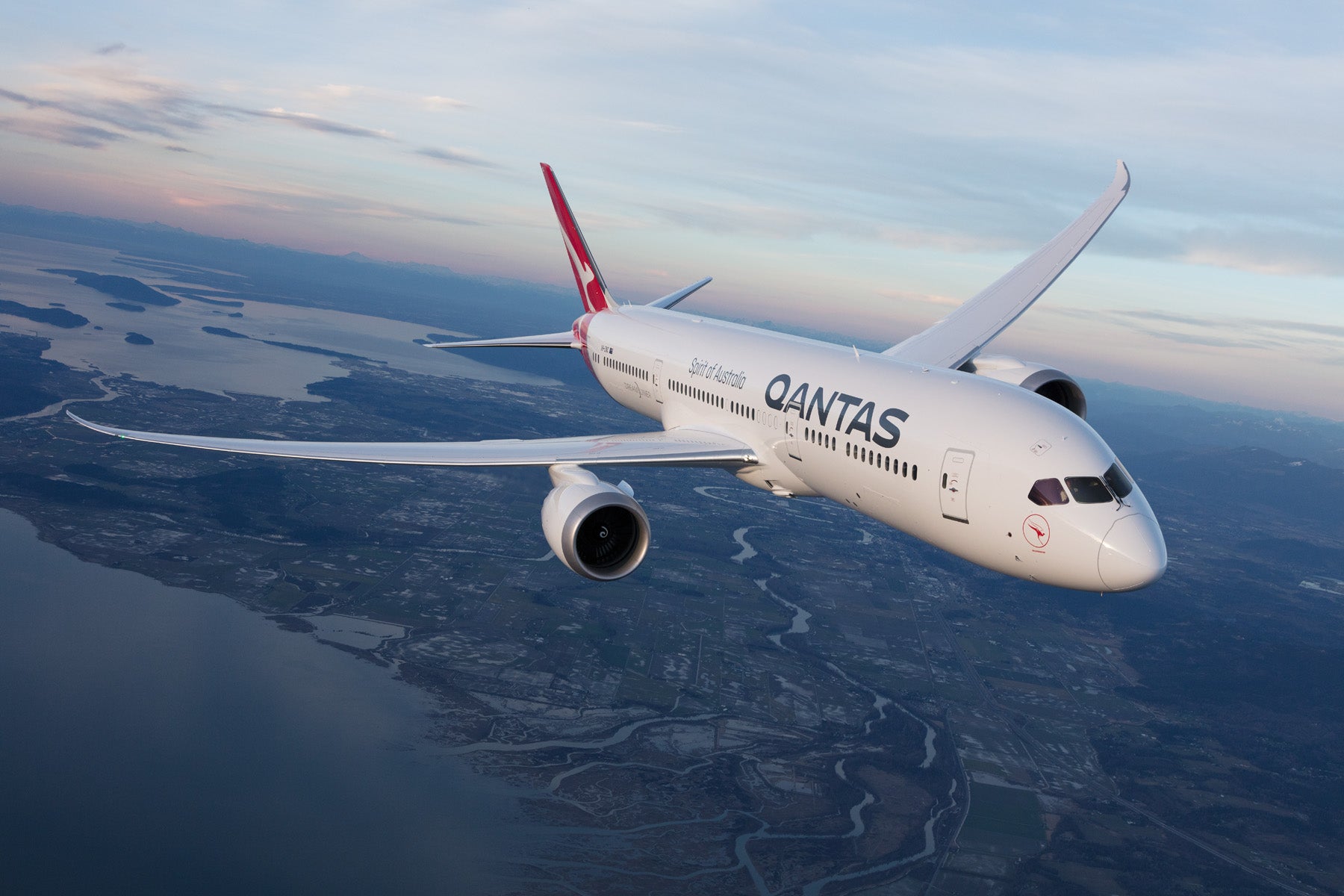
Operational difficulties: meaningless excuse for whatever has gone wrong this time.
Oversold: overbooked, ie selling more seats for a flight than the number the plane actually holds. Common practice in aviation, because of the large number of no-shows.
Pushback: the moment at which your aircraft begins to be pushed back from the stand by a tug, officially the departure time of the flight. At some smaller airports, there may be no need to push back because the aircraft continues the wide turn with which it arrived.
Quad S: an indication on your boarding pass with the abbreviation SSSS which means Secondary Security Screening Selection – an extra layer of security at US airports. Passengers on secret watch lists, or who booked very late for a flight, or paid cash, or whose travel history is of interest, may find themselves experiencing extra pat-down searches or searching interviews at the departure gate.
Reprotect: transfer to another airline, usually in the event of IRROPS such as a mechanical failure or a scheduling change. Carriers are often reluctant to do this, but the CAA is insisting they do in many cases.

Seat pitch: the distance between the front of one seat and the front of the next, usually measured in inches. On British Airways and Virgin Atlantic flights in economy it is generally 30-31 inches; on some short-haul flights it can be less.
Self-loading cargo: pejorative term for passengers (sometimes also SLF, for “self-loading freight”).
Short-shipped: luggage not shipped at all (ie left behind at the departure airport)
Slot: permission to land and take off from an airport at a specific time. May be used to describe a long-term concept (eg Qantas has slots at Heathrow to operate daily flights to and from Melbourne and Sydney) or an on-the-day restriction. The captain of a Jet2 flight from Manchester to Malaga may say, “We have a slot to be airborne at 9.47, so we’ll wait at the gate a little longer.”
Standby: in the latter part of the 20th century, this was the optimum way to find cheap long-haul flights. Airlines sold empty seats shortly before departure for way below the normal prices – eg £100 one-way from London to New York in the days when that sort of fare was unknown – though even once onboard, it was possible to be tapped on the shoulder just before take off and asked to surrender your seat to a full-fare paying executive.
Nowadays, “standby” refers only to prospective passengers who are waitlisted for an apparently fully-booked flight, and are hoping for no-shows.
Status: if you are waitlisted, your status will be shown as WL. If you are confirmed, it will say OK or HK. But that doesn’t mean you’re guaranteed a seat, since the flight may be oversold.
Tango uniform: not in great shape, often used in the sense “it’s gone tango uniform” to describe a newly bankrupt airline or, less seriously, a missed connection.
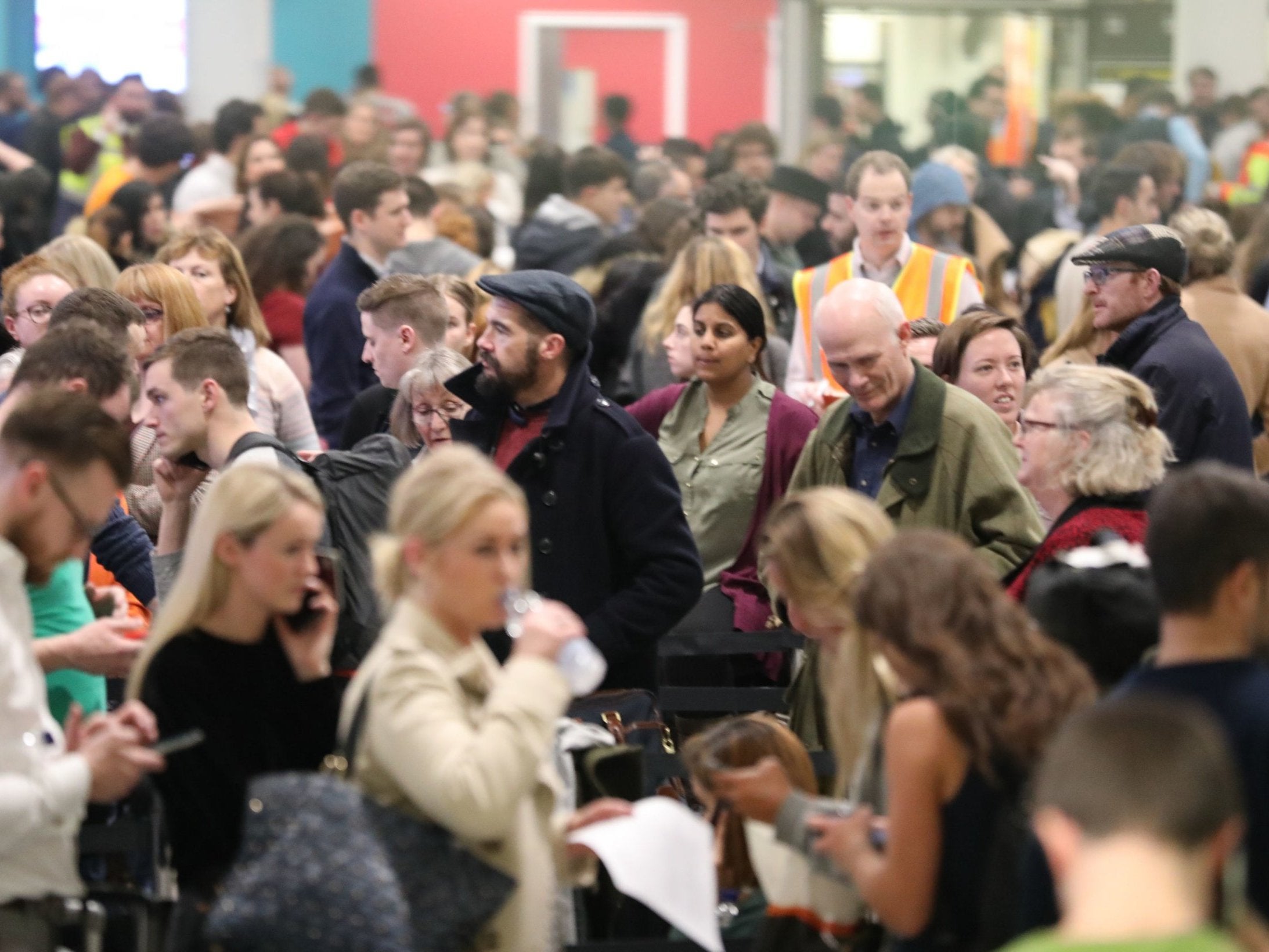
Taxes: actual taxes such as Air Passenger Duty, plus a whole range of charges from to the per-passenger handling fee charged by the airport.
UTC: Coordinated Universal Time, congruent with Greenwich Mean Time, by which all airlines’ operations are calibrated. Times on schedules are shown in local time throughout.
VAT: Value Added Tax. Not payable on air fares to, from or within the UK, though many environmental campaigners say it should be, since air travel is not an essential.
White tails: aircraft that have been built without a specific customer. Also planes that show no owner on the tail but which are hired in to cover aircraft shortfalls by airlines.
WX: weather; among pilots, used for routine forecasts; more widely, implying poor weather which has disrupted operations.
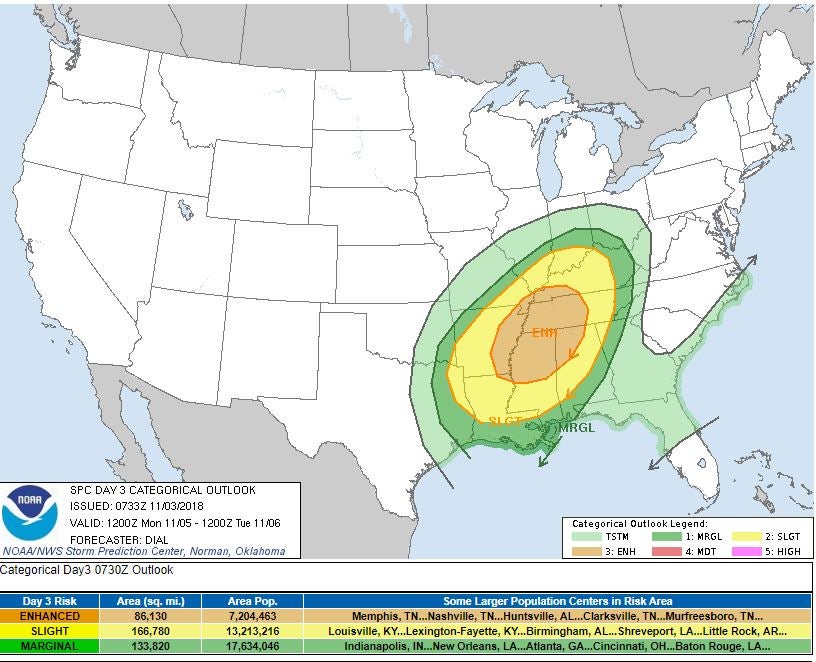
Yield: the amount paid by passengers. Many transatlantic flights between London and New York are very high yield, while services from the UK to Australia tend to be low yield.
Z: a quoted time that is in UTC as opposed to local time. For example the final Air Canada Toronto-Heathrow flight of the night leaves at 2355 local time, which is 0455 the following day.
Join our commenting forum
Join thought-provoking conversations, follow other Independent readers and see their replies
Comments
Bookmark popover
Removed from bookmarks